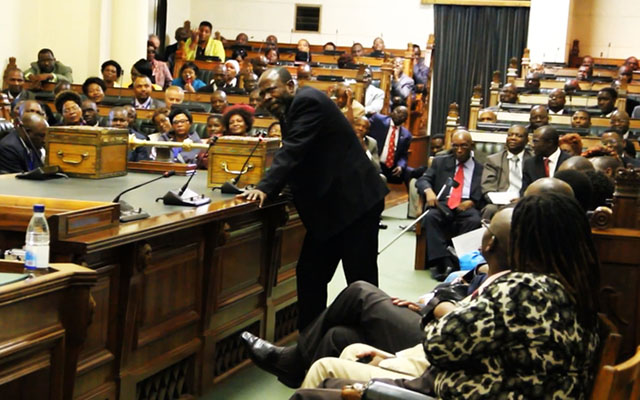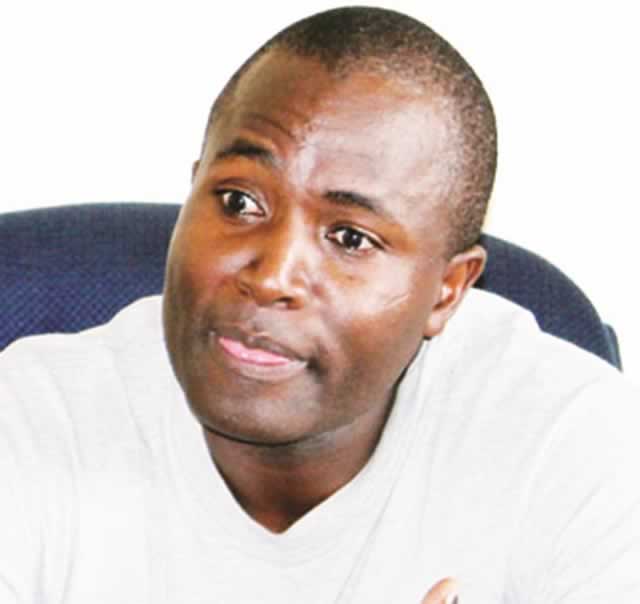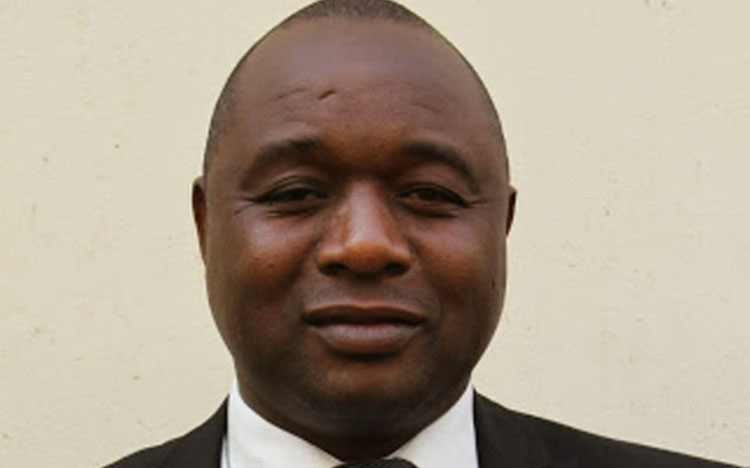Could streamlining Parliament be the answer?


Parliament has become a form of employment for some MPs, hence the unending cries for better conditions by legislators. This presents a huge burden for the taxpayer
Farirai Machivenyika Mr Speaker Sir
From the time of the inclusive Government legislators have often complained that their welfare has not been taken seriously and are treated as the least important of the three arms of the State. The arms of the State are the Executive, Legislature and the Judiciary. Mr Speaker Sir, this week legislators in the National Assembly from across the political divide were unanimous in calling for an improvement in their remuneration and general welfare.
It is not a secret Mr Speaker Sir, that legislators, especially those representing rural constituencies, play an important role as part of development agencies in their respective areas. It is, therefore, important that they are well funded as some of them end up using personal resources to finance development projects in their constituencies. While it is appreciated, Mr Speaker Sir, that legislators play an important role as mentioned above, it is also not disputed that Government is in a squeeze at the moment that it is difficult, in the short term, to see a significant improvement in the remuneration of parliamentarians.
This brings me to the point that was raised by the then Minister of Finance and Economic Development, Patrick Chinamasa, a few weeks ago in the National Assembly. Minister Chinamasa questioned the size of our legislature vis a vis the country’s population and size of the economy. He said countries with far much bigger populations and economies did not have parliaments as large as ours. Zimbabwe has a population of around 13 million and a Parliament of 303 MPs is just too big for such a population. As Minister Chinamasa argued, Mr Speaker Sir, Parliament has become a form of employment for some MPs, hence, unending cries for better conditions by legislators. This presents a huge burden for the taxpayer.
Mr Speaker Sir, this calls for the nation to re-look at whether such an oversized Parliament is what we need at the moment given that we also have a large number of MPs that have up to now not uttered a single word since they came into the august House in 2013. MPs such as these are an unnecessary burden on the taxpayer and add nothing to this important arm of the State. While we are not going to make friends with this analysis, it is, however, clear that we need to reflect on the size of our Parliament to ensure that we have a lean legislature that carries out its mandate effectively.
Turning to other issues, Mr Speaker Sir, it is heartening that Parliament is also debating a code of conduct in fulfilment of requirements of the Constitution and standing orders that should force MPs to declare their assets upon election into Parliament. This could not have come at a more opportune time given the thrust taken by Government to promote accountability among public officials in light of the scourge of corruption that has blighted the country’s image.
This practice has become common the world over and given Parliament’s oversight role over other arms of Government, the new code, if adopted, will ensure that citizens hold Parliament in good stead given the important role it plays. That it comes following the gazetting of the Public Entities Corporate Governance Bill means it will enhance confidence in the work of Parliament in fighting corruption, which has cost the country billions of dollars in revenue and lost investment opportunities.
If the code of conduct is adopted it is our hope that the Bill will also be treated with the importance it deserves when it is tabled before Parliament. Another important development that happened this week, Mr Speaker Sir, is the decision by Cabinet to approve a deal to resuscitate the operations of the National Railways of Zimbabwe. The decision by the Cabinet to approve the $400 million between the National Railways of Zimbabwe and a consortium led by the Diaspora Infrastructure Development Group and South Africa’s Transnet could not have come at a more opportune time Mr Speaker Sir.
That the revival of the NRZ is long overdue cannot be overemphasised. The parastatal is of great importance for the facilitation of movement of goods in and out of the country and the collapse of the railway network and the under-performance of the utility has led to the increase in the cost of doing business through the use of costly haulage trucks, which also increase the rate of deterioration of our road infrastructure. The adoption of the deal comes when dualisation of the Beitbridge-Harare-Chirundu highway is set to commence. Successful implementation of the two projects, Mr Speaker Sir, will bring many positive downstream effects to the economy.
Zimbabwe occupies a special position as it provides a link between Southern Africa and the rest of Africa, and, therefore needs efficient road and rail transport networks if it is to maximise benefits from its location. Mr Speaker Sir, it is, therefore ,incumbent on Parliament to ensure that the two projects are implemented expeditiously as they are critical in the overall economic turnaround. Local companies can benefit by being sub-contracted in these ventures and we hope that, unlike what has happened to Ziscosteel where a number of deals have suffered stillbirths, these two will reach fruition and improve the country’s economy. Mr Speaker Sir, a good transport network also works as a catalyst of investment in other areas and we hope this will be taken into consideration when the projects are being implemented.










Comments